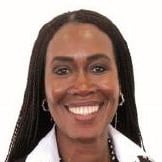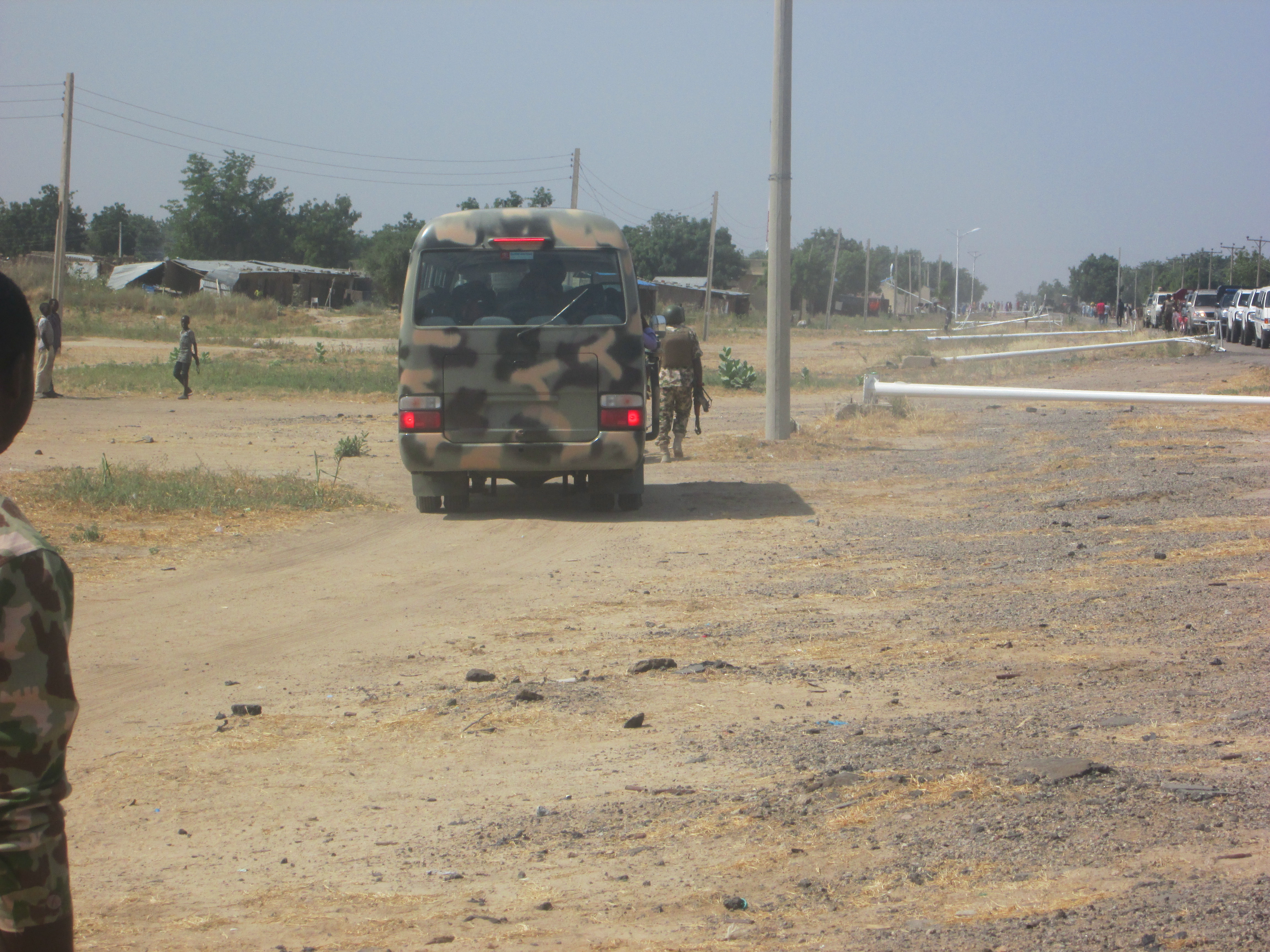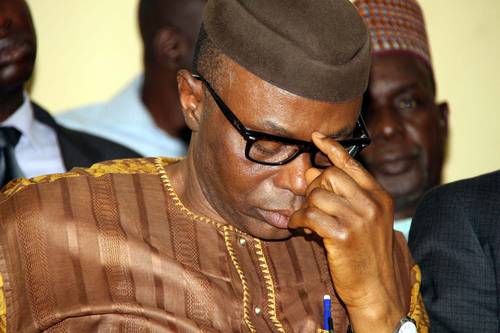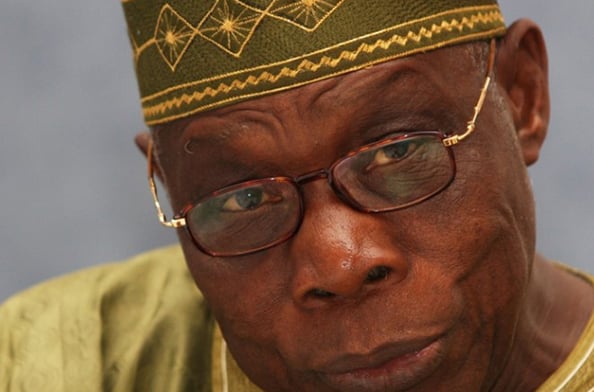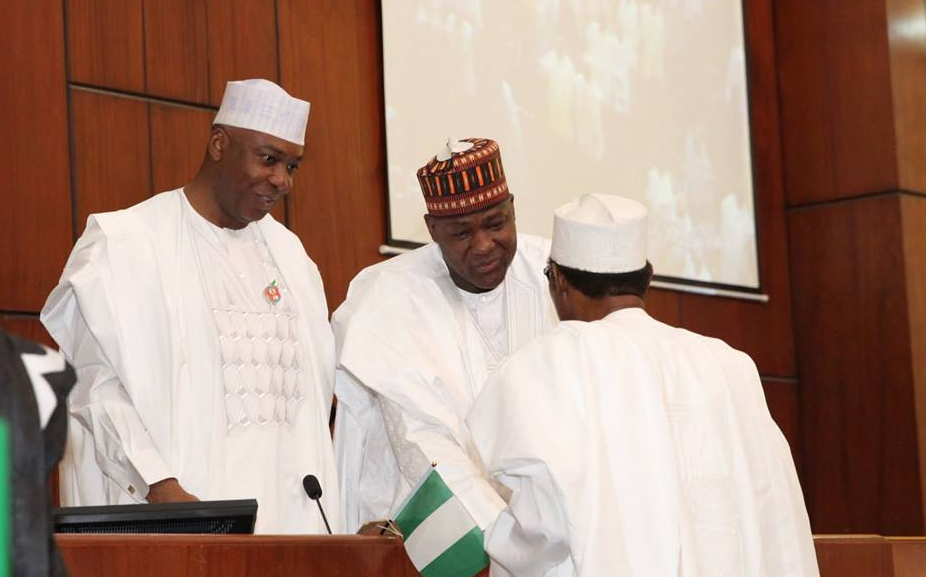Today Africa joins the world to take stock of progress against HIV/AIDS. In September 2016, at the 5th Replenishment of the Global Fund, Ecobank Foundation stood with the world to commit to #EndItforGood. The momentum from Montreal reaffirms our commitment to stand firm together and achieve in our lifetime what we started, that is to end these debilitating diseases for good.
Yes, there has been progress.
But there is so much more to be done to end for good by 2030 what is a major public threat.
One million, too many people, died of HIV on the continent last year. Two-thirds of all HIV-positive people are in Africa. And fewer than half of these people living with HIV are not on medication, either because they don’t have access to drugs, or worse, don’t know they’re infected.
Advertisement
Today, World AIDS Day, we must reaffirm our commitment to sustain the fight against the epidemic.
How do we do this? The answer to saving lives lies in a close tie-up between Africa’s private sector and key actors, including NGOs, governments, parastatal organisations, and community leaders.
Ecobank Foundation teams up with the Global Fund to #EndItforGood
Advertisement
One successful example is the Ecobank Foundation’s partnership with the Global Fund to Fight AIDS, Tuberculosis and Malaria. The partnership’s programmes have put millions of people on antiretroviral treatment for HIV, provided TB treatment and distributed millions of mosquito nets to protect families from malaria.
These are high impact results. To continue the good work, the Ecobank Foundation recently renewed its relationship with the Global Fund for a further three years. The Global Fund is an organisation designed to mobilise and invest resources to bring about the end of these three epidemics, HIV/AIDS, Tuberculosis, and Malaria. The Foundation will continue to work with the Global Fund to build the partnership into an engagement and advocacy platform for organisations and individuals who share a vision of accelerating Africa’s transformation.
Such partnerships clearly complement the public sector’s efforts in providing healthcare across Africa.
Partnerships are catalyst for change
Advertisement
Private sector partnerships with NGOs allow players to develop solutions that are relevant and acceptable to communities and help drive access to healthcare. The Ecobank Foundation has partnered with AfricaThriving International (ATI) to change lives across the continent. We work with ATI to support a health corps volunteer initiative, Doctors in the Gap. This initiative increases access to healthcare and services to people in disadvantaged communities. In just two weeks, over 100 medical professionals reached a community of 37,000 people on Dwarf Island in Ghana to deliver medical care to over 14,500 people. Partnerships provide the scale that’s needed to transform Africa.
Calling on others to join the private sector
The private sector has essentially raised the bar in how we tackle these challenges. Health is no different. We have a responsibility to the communities in which we operate to be a vehicle of change, a vehicle that complements and enhances community driven solutions.
But we won’t get there if we continue to scatter the funding. HIV treatment is still not reaching all those in need. Additional resources are urgently required. We must come together in the next 15 years with resources to strategically target pockets of resistance to end AIDS for good. Otherwise our dream of ending it for good by 2030 will be shattered.
Advertisement
We also made a promise. We have told young people around the world that, collectively, all our leaders will support them to be the generation that ends AIDS. I call on leaders around Africa to honour those vows.
But this responsibility must be shared. Young people need to play more of a role in how they manage their health. They need to know their HIV status. Not knowing poses a danger to them and their community as they may be passing HIV on to others.
Advertisement
And there’s the gender factor. Young women and adolescent girls are more at risk of HIV than their male counterparts. Ecobank Foundation has pledged to work with other private sector companies and foundations in Africa to provide options for financial inclusion for women to enhance their socio-economic standing. Gender inequality is a major driver of disease transmission. Economically empowering women will mean they are better informed and have greater access to healthcare.
Africa’s transformation rests on healthy societies
Advertisement
Disease and health-related challenges erode hard earned socio-economic gains in Africa. For Africa to thrive and sustain the economic gains it’s earned, the continent must overcome these obstacles.
Ghana has made progress. Last month, the country was named the first country in Sub-Saharan Africa to have made considerable progress in reducing the prevalence of HIV under the Millennium Development Goals (MDGs), which ended in 2015.
Advertisement
But many countries have fallen short of agreed targets.
The 2001 Abuja Declaration committed African governments to spending at least 15% of their annual budgets on health. Only a few countries have achieved this; for example, Nigeria, with nearly 200 million people, only allocated 5.5% of its budget to health in 2015. This is far short of what’s needed to solve the problem.
Combining the power of the public and the private sectors
The African private sector is the continent’s engine of growth. The public sector can leverage this to improve the lives of Africans and transform the continent. There is a clear case for the African private sector to invest in communities so they can prosper, while contributing to their bottom lines. By investing in healthcare, we can provide solutions that deliver both a financial and social return.
A healthy workforce means a more productive labour market. It’s as simple as that.
Health remains a key determinant of prosperity, and a major enabler for the transformation of our continent. The prevalence of HIV/AIDS, tuberculosis and malaria is damaging our prospects. If Africa is to thrive, we must fight the HIV/AIDs epidemic, and #EndItforGood together.
Essiam is CEO Ecobank Foundation
